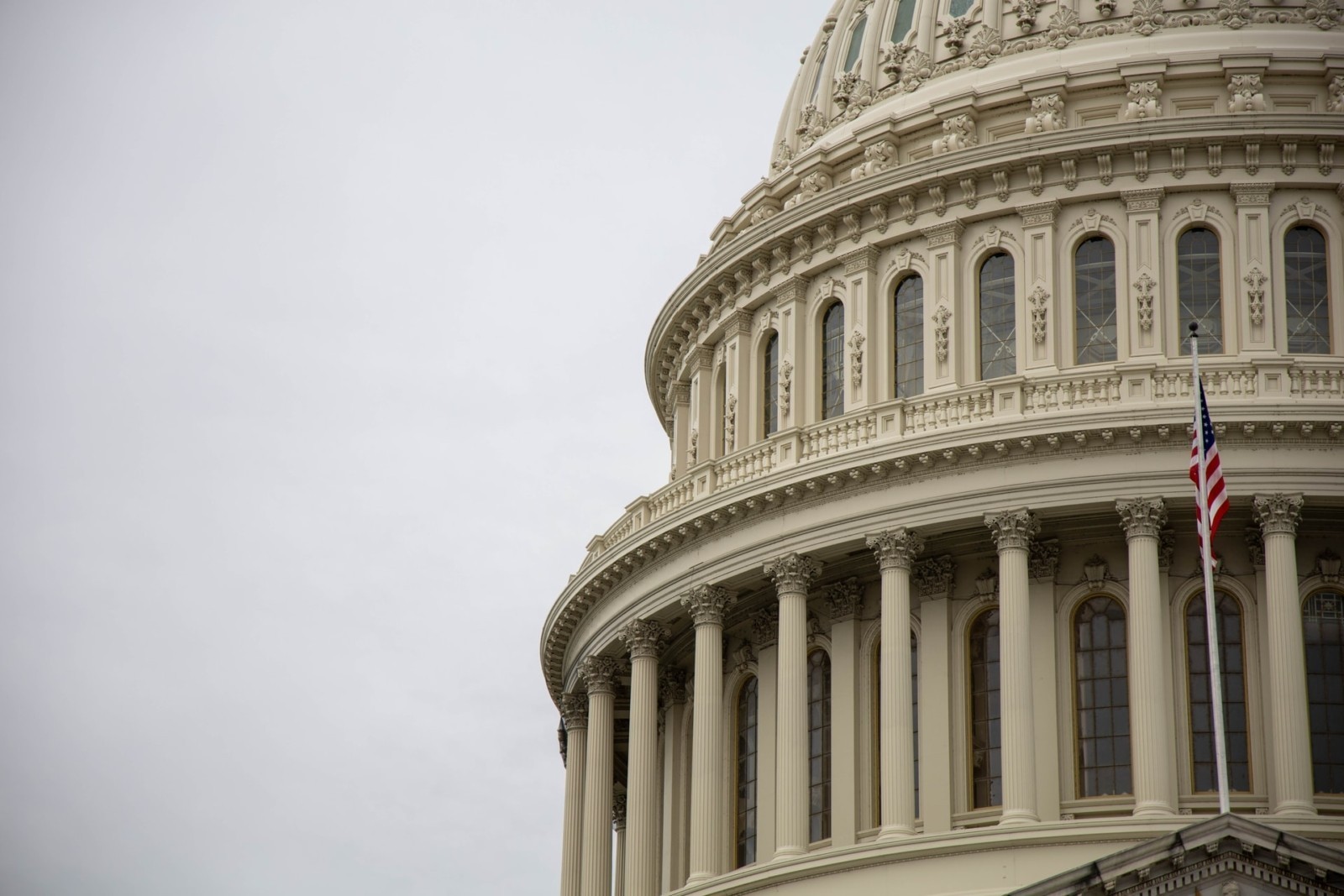Participatory democracy can defined in many ways. Politicians present it in whatever way best suits their motives for discussing it. The definition, however, which will be utilized in this essay is that provided by Wolfe: “Participatory democracy involves the interpretation of leadership as a product of group needs. This leadership, which is subject to participatory control responds to the bonds of community in pursuit of ends crucial to the persistence and development of the group itself” (Wolfe, 1985: 385). This definition leads us to believe that participatory democracy calls for considerable citizen participation in government decision making. Along with the idea of citizen participation in decision making comes the demand by workers to have a share of control in industry. The idea of true or real democracy, where citizens and workers, especially can participate in decision making, has numerous advantages and some albeit disadvantages.
Any system of government that considers itself democratic must be aware of and act upon the needs and wants of the citizens in that country. To ensure that legislative bodies fulfill this task, citizens must become educated and involved in politics and the entire political process. Any system that will facilitate this process will be most beneficial. Participatory democracy will initiate more citizen involvement in the political process, by creating a politically educated society. This, in turn, will make politicians more responsible and surely more accountable to the wants and needs of their constituents.
This paper will examine how our present system of democracy operates. We will analyze the main arguments purported by political theorists, both for and against citizen participation in politics and the entire political process. The conclusion of this essay will evaluate the theories discussed throughout and also examine the reasons why citizens should be more involved in politics and the entire spectrum of the political process.
There are many experts who have presented solid arguments both for and against participatory democracy. One recent political theorist who offers a somewhat controversial view on this subject is C.B. Macpherson. He does not believe that a participatory system would remove all the inequalities of our society, but he argues, “…low participation and social inequity are so bound up with each other that a more equitable and humane society requires a more participatory political system” (Macpherson, 1977: 94). The problem, according to Macpherson is how to include citizens in government decision making. He imagines and perceives a system where citizens are able to vote on every governmental issue, via a computerized system with yes and no buttons at their bedside. Perhaps right before going to sleep one’s mind is able to best make major decisions.
If citizens were to vote on each issue, then, according to Macpherson, “The questions would have to be as intricate as, for instance, ‘what percent unemployment rate would you accept in order to reduce that rate of inflation by x percent” (Macpherson, 1977: 96). This argument can be used against any form of direct voting by citizens. Macpherson’s position on this topic is that even if citizens were able to vote on issues, the government would still be necessary for three major reasons. The first reason is that someone would have to formulate questions that citizens would vote on. The second reason is that ‘educated’ people would still have to decide on major issues. Lastly, government would still be necessary to carry out the decisions made, in the best interests of the state, on behalf of the people.
Macpherson concludes his argument on participatory democracy, by stating that the best model of democracy is a pyramid model. According to the pyramid model, citizens would discuss issues with their neighbors or at the workplace, with “actual face to face to face discuss and decision by consensus or the majority, and election of delegates who would make up a council at the next more inclusive level, say a city ward or borough township” (Macpherson, 1977: 128). Obviously Macpherson is considering a system of government that is similar to those of small Western European countries. Macpherson must realize that a pyramid model of government will not operate democratically, in North American countries, because they are so ethnically and politically divided.
Political theorists are at least considering listening to the wants of citizens; event if this is only done via elected representatives. A true or real system of participatory democracy, however, requires that the political and social views of citizens actually be heard, considered and implemented into policy. One other major advantage of participatory democracy, which responds to Macpherson’s concerns, is: “If the inequalities in decision-making power are abolished the case for other forms of economic inequality becomes correspondingly weaker” (Pateman, 1970: 107).
Now we will turn to another intriguing political expert, Jean Jacques Rosseau. According to Rosseau, absolute economic equality is not necessary for a political system to operate. Rosseau seems to believe that “the differences that do exist should not lead to political inequality” (Pateman, 1970: 22). Rousseau and Macpherson seem to envision the participatory process quite differently. Rosseau views participation in the political arena as encompassing much citizen intervention. He believes that “the participatory system is such that each citizen would be powerless to do anything without the co-operation of others, or of the majority” (Pateman, 1970: 23).
Along with more public awareness of the political policies surrounding their community, people will become further and more intensely educated in the complex maze of politics. This is discussed by Rosseau as being an advantage of such interest in one’s indirect community.
As stated by Rosseau, “It is because the citizens are independent equals not dependent on anyone else for their vote or opinion, that in the political assembly no one need vote for any policy that is not as much to his advantage as to the advantage of any other” (Pateman, 1970: 23). The views, however, being put forth by the politicians usually are not those of the citizens whom they are supposed to represent. Instead the policies and statements presented by members of the government are actually their own beliefs. This system of politics or polytricks (seeming to be representative but not being so in actuality) is in great opposition to democracy and its goals for citizen representation by a duly elected representative. The wants and needs of the majority are not being expressed in noted setup of polytricks. Likewise, the beliefs of the citizens are not accurately represented in most so-called democracies. John Stuart Mill clearly explains the serious side effects of these failures. He writes “He who lets the world, or his portion of it, choose his plan of life for him, has no need of any other faculty than the ape-like one of imitation. He who chooses the plan for himself employs all his faculties” (Mill, 1947: 58). Citizens, therefore, who elect governmental representatives must be thoroughly educated and well informed in governmental procedures, policies and be aware of dialogue communicated during sittings of government.
If this process of citizens being of have informed knowledge of politics is followed, then elected officials / politicians will likely be more responsible to represent the views of their constituents. Moreover, politicians will be more concerned with the needs and wants of citizens. Politicians will hopefully begin to proclaim the desires of ‘educated constituents’ for worry of not being reelected, due to the implication that voters will in the future nominate and elect a representative who would be more receptive and amenable to their wants.
Each member of a society is a political person, whether or not they recognize and / or acknowledge this premise of their predicament. Relevant political views are most commonly held by citizens who are actually contributors to the society at large and who likewise hope to gain a reciprocal benefit from their own community. These contributors include the working class who construct / build, manufacture and maintain shared necessities and luxury items that are consumed by the collective civilization. The working class person, more so than those who do not even work, has a great want and need to express their views to the company where they are employed and / or the to the governmental representative who was elect to represent them. Now our discussion will turn to political and general participation in the workplace.
People spend an inordinate amount of their lives at the workplace wherever that may actually be in contemporary society where work locations are varied. Some people traditionally work onsite for a company whereas others work offsite for businesses and others work independently and may have home-based businesses. It is, therefore, not unusual that it is here, where people are earning their share of the collective right to the society, which they may or may not choose to express their opinions in matters concerning them and even on issues that are irrelevant to them. Political participation at the workplace has, contemporarily, become associated with the existence of unionized organizations. Among these associations are trade unions, which seem to have a considerable amount of control over the functioning of industries and in some cases directly over companies. “Evidence has also been cited to support the argument that industry is the most important sphere for this participated to take place” (Pateman, 1970: 50). It is essential for workers to have a voice and to equally and noticeably participate in all so-called political matters, including polytricks. Once a worker can properly express their true and real feelings and believes that they have control and ownership over their job they will work better and more efficiently. “It is the perceived belief in one owning or having a share in the process of production / output that emboldens one to want to maximize one’s contribution to one’s work towards the growth of the company” (Zack Steel, 2015). In defense of this argument it is wise to look at the conventional longwall method of work, which was instituted of WWII. This method is based on mass production methods and a division of labour. A variant system is the composite longwall method. This system involved a form of collective contract and the abolition of the rigid division of labour with the workers operating as a self-regulating group (Pateman, 1970: 61). Under the composite longwall system productivity was higher, than under the conventional longwell method, and it was more conducive to ‘low cost, work satisfaction, good relations and social health’ (Trist et al., 1963, cited in Pateman, 1970: 60).
Participation in the workplace is very important to the political structure of a country and to independent communities therein. This becomes clear once it is realized that “industry are the spheres from political systems in their own right and that they should be democratized” (Pateman, 1970: 83). Moreover, “industry, with its relationships of superiority and subordination, is the most ‘political’ of all areas in which ordinary individual interact and the decisions taken there have a great effect on the rest of their lives” (Pateman, 1970: 85).
Until this point, in the paper, the political advantages of participatory democracy have been effectively presented. Disadvantages, however awkward it may to be acknowledge, do exist for participatory democracy. In the political realm too much participation can lead to stagnation in decision making. This is possibly to citizens not being able to see eye to eye and / or to reach a consensus on major political issues. In the workplace the disadvantages of participation can be easily seen. One downside, which is evident, that excessive worker control may lead to decisions and / or suggestions made by management being continuously challenged; and in some cases ignored. Insubordination is not the goal of participatory democracy.
We have come to realize that participation in politics and the workplace will be beneficial to society. Let us once again discuss Rosseau who shares this view. It is with his insight and belief in participatory democracy being able to help citizens understand the complex maze of politics, whereby we can see a necessity for increased participation in the political process for the future of democracy. In relation to the discussion of the right of individual to have a voice in political matters, we must recognize the opinions of John Stuart Mill. Macpherson must be acknowledged as being a contributor to the ideology of participatory democracy. He is, however, a major opponent of participatory, in its truest meaning. This perceived view of Macpherson is held, because he believes that the closes we can get to participatory democracy is a system whereby citizens would voice their views at a regional level. While initiated from this regional level, elected officials / representatives would be expected to express the viewpoints of their community members to the government. The system just proposed is what is known as the pyramid model, which is not much different from the current system of governance in the seemingly democratic model. Clearly, this is a system which is not fully functioning as a real democracy.
To summarize what has been discussed, in the way of a recapitulation, it must be agreed upon that the advantages of participatory democracy do actually contradict and outweigh the disadvantages. The political theorists that evaluated throughout the course of this paper surely contributed to the ideology of political theory. More specifically, they contributed to democratic theory. The main ideology expressed in this essay, is that the government should be operated in such a way as to make it really be democratic in theory and in practice. There seems great barriers, however, preventing this advent from being achieved.
The only way to establish an accurate structure of democracy, along with a democratic government, is through participatory democracy. This system will ensure more citizen involvement politics and the political process. In turn, this will create a more politically educated society. Thereby, politicians will feel compelled to be more accountable to their constituents. These community members are citizens who have rights, which should be expressed and championed in a democracy. Their freedom in any organization, which proclaims it to be a democracy, includes the right to be represented at each governmental debate for issues concerning a set ‘community as whole’. The most logical way to ensure citizen representation and control, as it should be existent, is participatory democracy.
Bibliography
Laycock, David. “Reforming Canadian Democracy? Institutions and Ideology in the Reform
Party Project.” Canadian Journal of Political Science 2 (June, 1994).
Macpherson, C.B. The Life and Times of Liberal Democracy. Toronto: Oxford University Press,
1977.
Mill, John Stuart. On Liberty. Illinois: Harlan Davidson Inc. 1947.
Pateman, Carol. Participation and Democratic Theory. Great Britain: Cambridge University Press, 1970.
Wolfe, Joel D. “Defense of Participatory Democracy.” The Review of Politics (July 1985).





